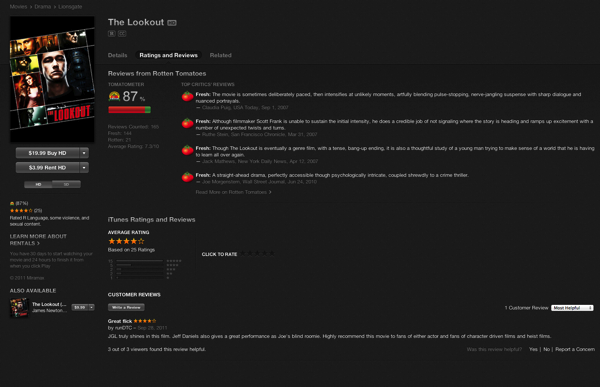A little while back my friend Charles Perry and I decided to try our hand at putting together a podcast. While we’re fully aware there are lots of great tech podcasts out there vying for your precious listening time, we thought together we could offer our own spin on things and add a bit more to the conversations going on in the independent iOS and Mac development communities.
I’m a big believer in giving back to the community in any way I can. While my occasional rants on this blog are one of my favorite ways to do that, I also thought maybe it was time to start using my physical voice as well as my internal one. Plus, having a discussion with another developer who might actually disagree with me on occasion could certainly be interesting and beneficial to shaping my views. Charles is a really smart, opinionated guy, so hashing out these topics with him made perfect sense to me.
Release Notes, then, will be a weekly half-hour-ish show geared towards fellow independent developers. Those who are new to the game looking for tips and tricks, and those who are just curious to hear from two other people in the same boat. It’s not a technical show at all; our tagline is “everything but the code.” Rather, it’s about the business of app development.
Episode one covers tech conferences. Why one should or shouldn’t attend them. How to get the most out of them. Even some specific conferences we recommend.
Next week, episode 2 will cover the scary prospect of quitting the day job and going full-time independent.
After that, given the timing, we’re going to talk WWDC. (And I’ll give away some of my secret tips on where to find the best coffee, bourbon, and Scotch whiskey in San Francisco.)
Hope you enjoy. We’d love to have your feedback. We’re just getting started with this thing, and already I can feel the conversations are just going to get better and better over time.
Find out more about Release Notes at releasenotes.tv.
Subscribe via iTunes, or search for us in your favorite podcatcher software. Our feed is http://releasenotes.tv/feed/podcast/.
